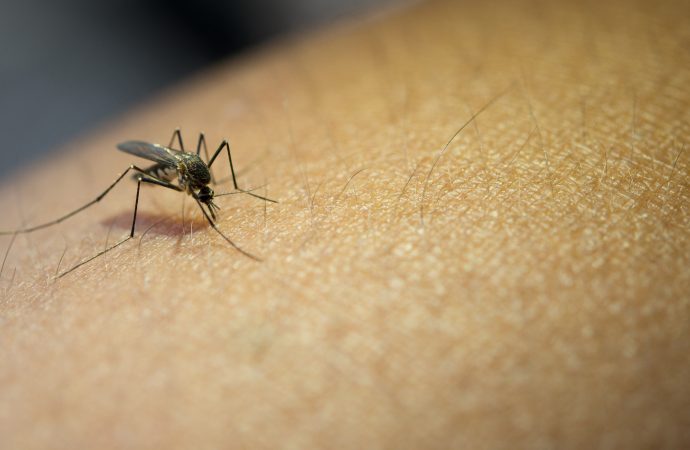Malaria is a preventable and treatable disease, yet it continues to affect millions of people around the world, particularly in developing countries. According to the World Health Organization (WHO), there were an estimated 229 million cases of malaria worldwide in 2019, with 94% of those cases occurring in sub-Saharan Africa. In this article, we will
Malaria is a preventable and treatable disease, yet it continues to affect millions of people around the world, particularly in developing countries. According to the World Health Organization (WHO), there were an estimated 229 million cases of malaria worldwide in 2019, with 94% of those cases occurring in sub-Saharan Africa. In this article, we will explore how individuals can help prevent malaria and save lives.
Use Mosquito Nets
One of the most effective ways to prevent malaria is to use mosquito nets while sleeping. Mosquito nets act as a barrier between people and the mosquitoes that carry the malaria parasite. According to the WHO, sleeping under a mosquito net can reduce the risk of malaria infection by up to 50%.
In addition to using mosquito nets, it is important to ensure that the nets are properly maintained and repaired. Holes in the nets can allow mosquitoes to enter and increase the risk of infection. By using and maintaining mosquito nets, individuals can help protect themselves and their families from malaria.
Use Insect Repellent
Insect repellents can also be effective in preventing malaria. Repellents containing DEET, picaridin, or IR3535 are recommended by the Centers for Disease Control and Prevention (CDC) for use against mosquitoes that carry malaria. Individuals should follow the instructions on the repellent and reapply as directed to ensure maximum effectiveness.
Insect repellent should be applied to exposed skin and clothing. In addition, individuals should wear long-sleeved shirts and pants when possible to further reduce the risk of mosquito bites.
Eliminate Mosquito Breeding Sites
Mosquitoes that carry malaria breed in standing water. By eliminating standing water around homes and communities, individuals can help reduce the number of mosquitoes in the area and prevent the spread of malaria.
Common breeding sites include stagnant water in buckets, old tires, and other containers. By emptying and cleaning these containers regularly, individuals can help eliminate breeding sites and reduce the risk of malaria.
Seek Prompt Treatment
If you suspect that you or someone in your community has malaria, it is important to seek prompt treatment. Early diagnosis and treatment can help prevent complications and reduce the spread of the disease.
Symptoms of malaria can include fever, chills, headache, and muscle pain. If you experience these symptoms after traveling to an area with malaria, or if you live in an area with a high risk of malaria, seek medical attention immediately.
Support Malaria Prevention Efforts
Individuals can also help prevent malaria by supporting efforts to fight the disease. This can include donating to organizations that provide mosquito nets and other prevention measures to communities in need, volunteering with local organizations that work on malaria prevention, or advocating for increased funding for malaria research and prevention efforts.
By supporting these efforts, individuals can help ensure that more people have access to the tools they need to prevent malaria and protect their health.
Conclusion
Malaria continues to be a major public health challenge in many parts of the world, but it is a preventable and treatable disease. By using mosquito nets, insect repellent, and eliminating breeding sites, individuals can help prevent the spread of malaria. Seeking prompt treatment and supporting malaria prevention efforts can also make a significant difference in reducing the impact of the disease. By working together, we can help save lives and prevent the devastating effects of malaria.

















Leave a Comment
Your email address will not be published. Required fields are marked with *